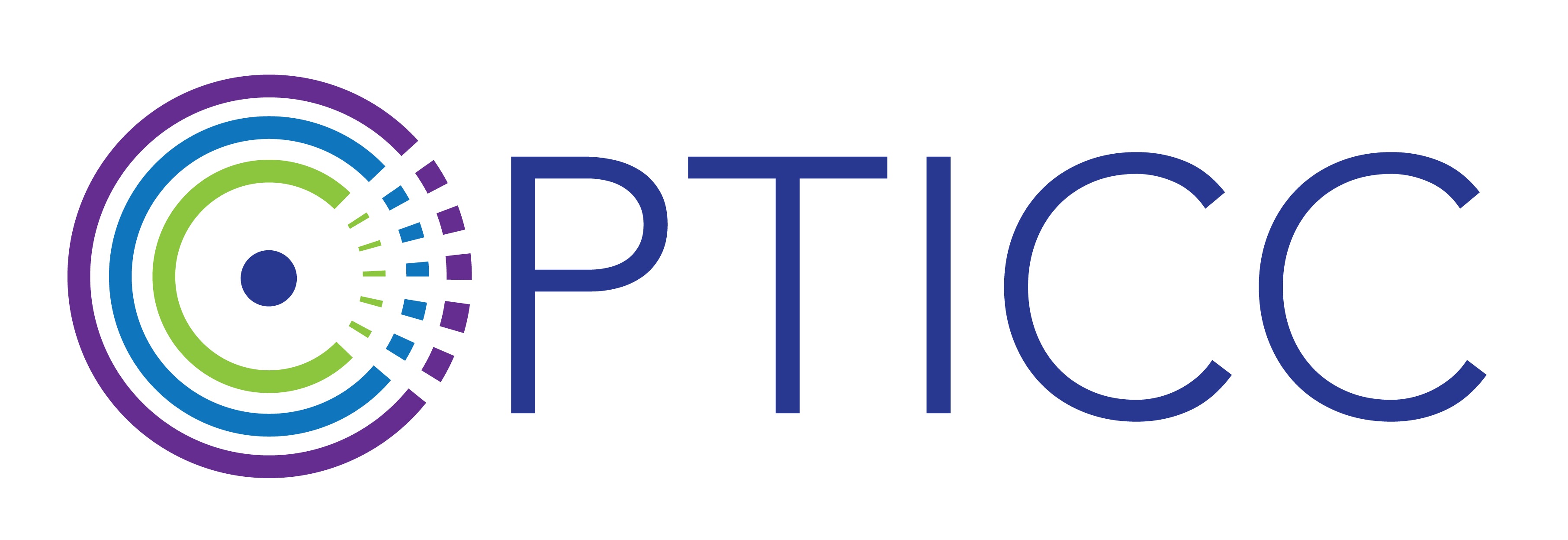Increasing colorectal cancer screening through optimized implementation of an evidence-based intervention
Implementation Study 1 lead Dr. Allison Cole partnered with WWAMI region Practice and Research Network (WPRN) and/or Breast, Cervical, and Colon Health Program (BCCHP) Learning Collaborative clinics to optimize the impact of practice facilitation on colorectal cancer screening in federally qualified health centers.
While practice facilitation is an effective strategy for improving preventive service delivery and chronic disease management in primary care settings, it can be conducted in myriad ways, resulting in varying degrees of effectiveness.
Using OPTICC Stage III methods, this study tested whether practice facilitation’s impact on colorectal cancer screening rates can be optimized through feedback on baseline determinants (using Stage I methods) and by monitoring strategy-determinant alignment (using Stage II methods).
An expected and observed result of this study was increased colorectal cancer screening rates in safety-net clinic settings through the optimization of a widely used, yet poorly understood implementation strategy.
Implementation Science Knowledge Gained
Knowledge of which method(s) optimize practice facilitation’s efficiency and effectiveness that can be tested in a large-scale confirmatory trial in diverse settings.
Research Team


The research team trained three practice facilitators (coaches) to use causal pathway diagrams to support primary care practices to identify local barriers to equitable CRC screening, select quality improvement initiatives to overcome those specific barriers, and monitor and adjust implementation to increase the impact of quality improvement activities. Three primary care practices (Coach IQ clinics) received this enhanced practice facilitation approach (Coach IQ). Three other primary care practices received standard practice facilitation.
On average, CRC screening increased 2.8% overall (range 1.7%-4.4%) in CoachIQ clinics, compared to 7.4% overall (range -0.2% to 20.6%) in usual coaching clinics. The average disparity in CRC screening for Latinx populations decreased by 2.1% (range +0.5% to -5.8%) in CoachIQ clinics compared to an average increase in disparity of 9.1% (range +1.5% to +21.5%) in usual coaching clinics. CoachIQ coaches reported facilitating prioritization of quality improvement activities, facilitating development of action plans, discussing equity, reviewing process steps and measures, and reviewing CRC screening disparities more frequently than usual care coaches.
Compared to standard practice facilitation, CoachIQ achieved improved CRC screening overall while reducing CRC screening disparities. Future efforts to evaluate CoachIQ in a diverse range of primary care settings are warranted.
